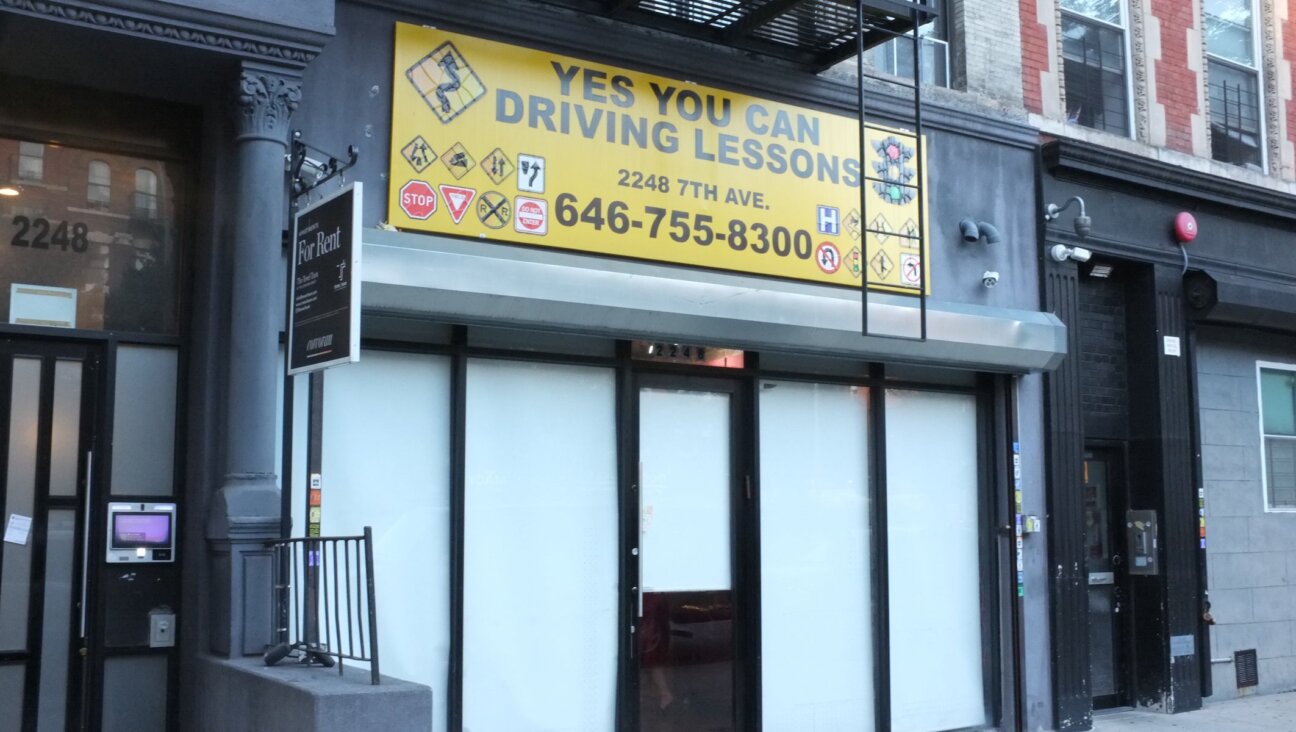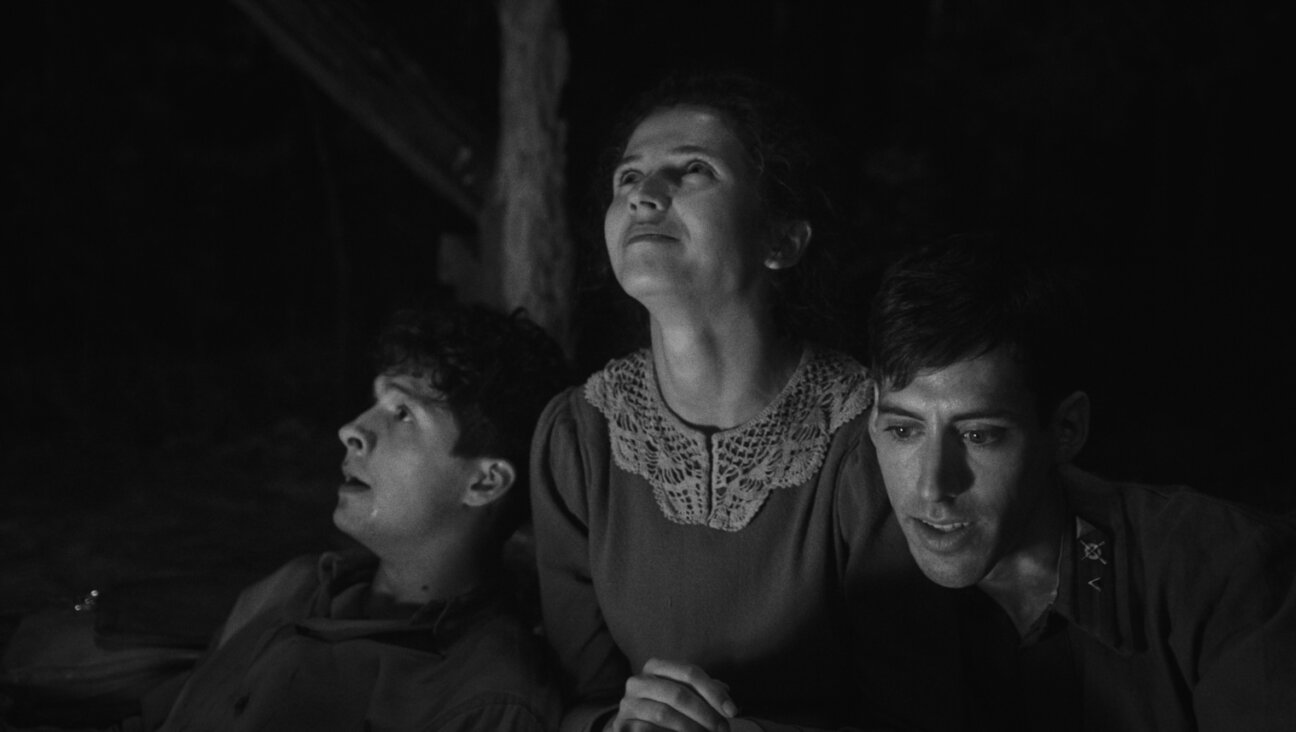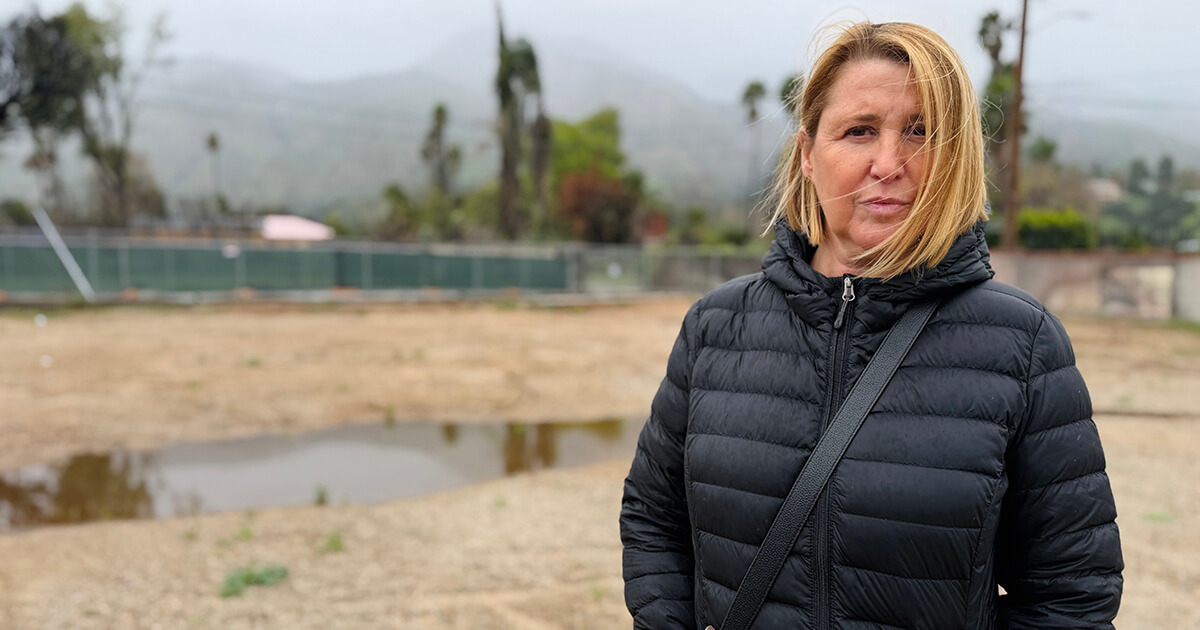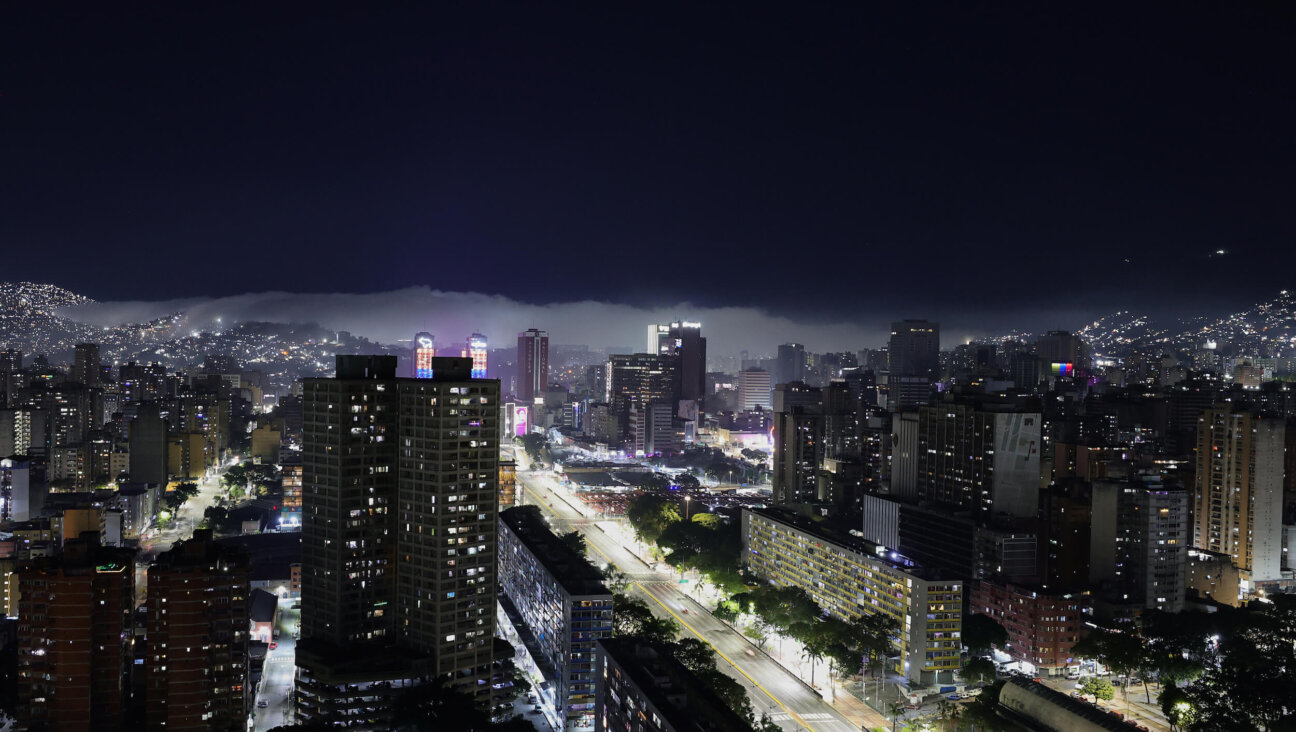Egypt’s Gaza Tunnel Flooding Campaign Throws Many Out of Work

Image by getty images
Egypt’s campaign to shut down smuggling tunnels running under its border into the Gaza Strip threatens to throw thousands of Palestinians out of work in the Hamas-run enclave.
The network of tunnels has been a vital lifeline for Gaza, bringing in an estimated 30 percent of all goods that reach the enclave and circumventing a blockade imposed by Israel and Egypt for more than seven years.
Weapons are also smuggled underground and at least 10,000 Palestinians are believed to work in the tunnel business.
Abu Bilal, who said he has moved cement and gravel through the tunnels for the past four years, said Egypt has flooded dozens of them in the past two weeks. Every time workers pumped water out, he said, Egyptian security forces reopened the taps.
“Many of my colleagues and I are afraid we may lose our jobs if they continue to do so,” said Abu Bilal, 30.
Earning 50 shekels ($14) a day, Abu Bilal said because of flooding he has worked only two days over the past two weeks.
“We have a double fear: we are afraid of dying in a sudden flood and we are afraid of starving if we lose our jobs because of the Egyptian crackdown,” he said.
If he lost his job in tunnels, his hopes of finding another job in Gaza Strip, where economists put the unemployment rate at more than 30 percent, would be slim.
Citing security concerns for the crackdown, Cairo said some of the gunmen who killed 16 Egyptian soldiers near the Gaza border fence in August had crossed into Egypt via the tunnels, an allegation denied by Palestinians.
The move surprised and angered Hamas, had hoped for much better ties with Cairo following the election last year of Egyptian President Mohamed Mursi, a fellow Islamist.
DEATH UNDERGROUND
Tunnel work is a dangerous business.
Six Palestinians died in January in tunnel collapses, raising the death toll among workers to 233 since 2007, according to human rights groups in Gaza. The figure includes 20 people killed in Israeli air attacks on the tunnel network.
Hussam Haweyla remembers the day, three years ago, when the tunnel he was digging became a death trap. Workers heard the sound of an explosion before dirty water poured in.
“Lights went off and the tunnel became dark, cold, stinking and horrifying,” said Haweyla, who had smuggled goods ranging from biscuits to kettles into the Gaza Strip.
His colleagues ran for safety outside the tunnel but he stopped to check on a friend who was deeper inside.
“I walked towards him and I remembered touching his hand. I did not know what happened after that. I woke in hospital five days later,” said Haweyla, 31, a resident of Jabalya refugee camp in the northern Gaza Strip.
“My friend died,” said Haweyla, who stopped working in tunnels after the incident.
The number of tunnels has now declined to nearly 1,000 from triple that number in 2007 when Israel imposed a blockade on the enclave. Under international pressure, Israel eased the embargo in 2010 and the flow of goods through the tunnels has slowed as the amount of material moving overland has increased.
Not far from the Egyptian border, Ola Khader, a mother of eight, recalled the day last month when her husband went to work in a tunnel and never came back. Rain flooded it and he drowned.
“There was nothing at the house, no food, no cooking gas, so he had to go and work despite the storm,” Khader said as she sat on a mattress on the floor of her two-room house.
Tunnel owners pay between $10,000 and $12,000 to families of workers killed on the job. The compensation is set by the Hamas governmental tunnel agency that supervises work at the border.
In an attempt to protect workers from tunnel collapses, several owners have begun building cement corridors and burying them underground. But it is unclear whether such reinforcement could withstand Israeli bombing.
“Tunnels are haunted. You feel as if someone is talking to you – calling your name in the dark,” said Ayesh Srour, 21, who lost a brother in a collapse in 2010 before he decided to quit.

Image by getty images

Image by getty images

Image by getty images















